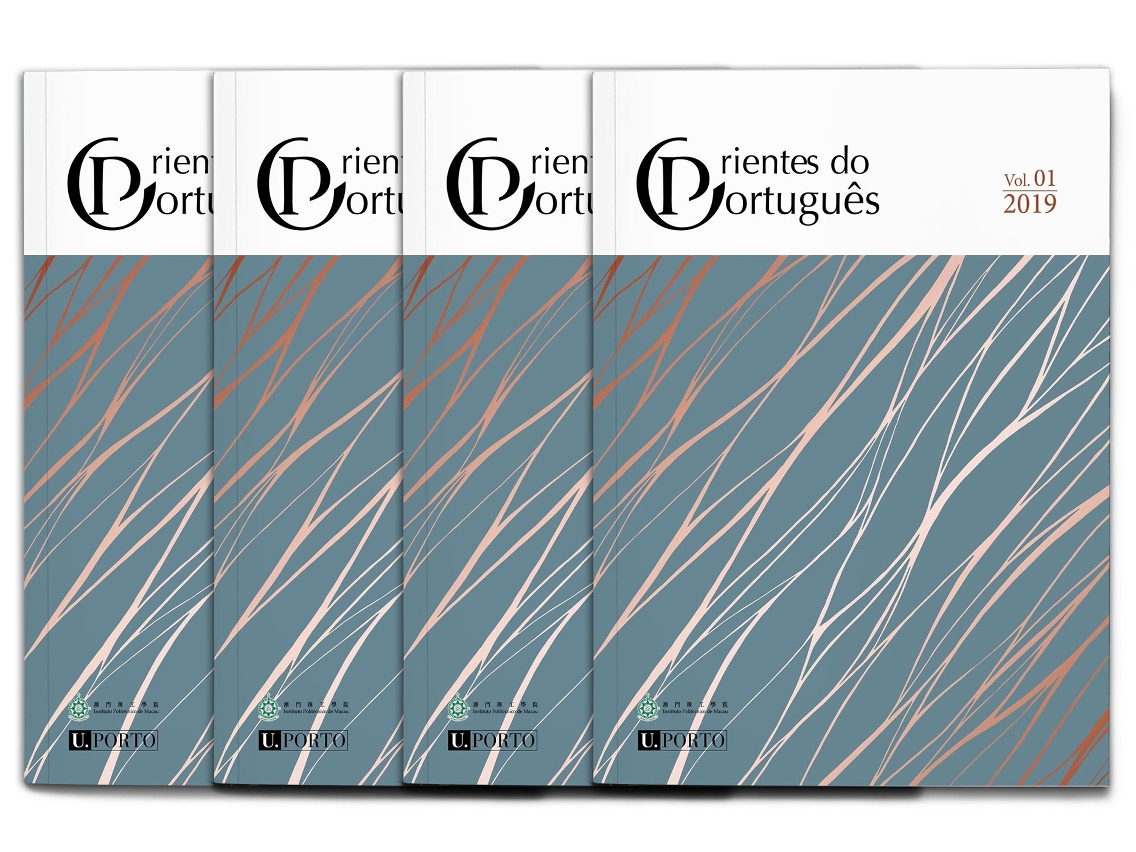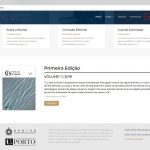 The first edition of Orientes do Português
The first edition of Orientes do Português
Macao Polytechnic Institute and the University of Porto in Portugal jointly present Orientes do Português, the first Portuguese international academic journal in Asia, published by the Centre for Portuguese Studies of Macao Polytechnic Institute and the Faculty of Arts of the University of Porto. The journal is co-founded as a means to manifest the advantages of Macao as a “Sino-Portuguese platform”, to stimulate the development of Macao’s role as the “International Portuguese Training Centre” and “Training Centre for Chinese-Portuguese Bilingual Professionals”, to strengthen the cooperation between Macao and Portuguese-speaking countries, enhance Macao’s influence in the global academia, and to promote Portuguese language teaching and research in Macao, Guangdong-Hong Kong-Macao Greater Bay Area, mainland China, and other Asian regions.
The University of Porto is one of the most prestigious higher education institutions in Portugal, and a partner of MPI with much fruitful cooperation in Portuguese language teaching and research, language big data, and research in Portuguese-speaking countries. In view of the increasing research achievements of the Portuguese language and culture in the Asian regions and their expanding influence in the international academia, and also the fact that the existing international journals in Portuguese are mainly from Portugal and Brazil, MPI and the University of Porto decided to jointly launch a high-quality international academic journal, Orientes do Português, to bridge this gap and to provide a high-quality platform for the Portuguese language scholars in Asia to showcase their academic achievements and conduct academic exchanges.
Orientes do Português is the first international academic journal in Asia published in Portuguese. All the papers strictly follow the standards and models of international academic journals; they have all been carefully reviewed by the editorial board and also anonymously reviewed by two internationally renowned experts. The journal aims to include the academic research accomplishments of Portuguese researchers and scholars, especially the experts in related fields in China and Asia, spanning over Portuguese linguistics, contact linguistics (Portuguese and Asian languages), teaching Portuguese as a second language, translation studies, literature studies of Portuguese-speaking countries, cultural studies of Portuguese-speaking countries, as well as the history, culture, literature, art and other related areas in the oriental regions influenced by the Portuguese-speaking countries and cultures.
Orientes do Português is an annual journal, issued simultaneously in both printed (ISSN: 2707-3122) and electronic (e- ISSN: 2707-3130) versions, so as to better promote the research results of Portuguese language and culture and to facilitate the sharing of academic resources. The first issue of Orientes do Português was published in December 2019, including authors from Macao, Mainland China, Portugal, Brazil, South Korea, Denmark and other regions, and it has received positive responses and appreciation from scholars in the field of Portuguese language and the international academia.
The electronic version of the journal has been officially launched and is available at https://orientes-do-portugues.ipm.edu.mo/ free of charge. The second volume of the journal is currently calling for papers until 12th July 2020. Experts, teachers, students and other interested parties in the Portuguese language are welcome to contribute and share their outstanding academic achievements, and to join forces in showcasing the voice of Macao and Asian scholars in the international academia.



